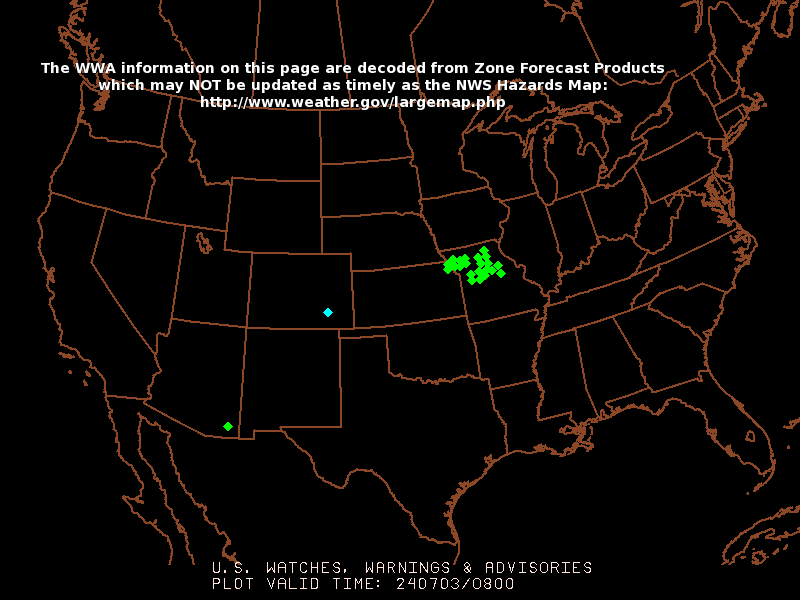Some of the leading solar scientists are pointing out that three separate indicators used to predict solar cycles are all pointing to a significant period of sunspot inactivity ahead.
I find it a little strange that the seemingly most obvious factor impacting the earth's climate is something you rarely ever hear discussed in the global warming debate....the sun.
I am far from an expert on the sun, and I am not a global climate expert by any means. However, I do study weather and climate operationally on a daily basis. It would seem to be almost common sense that a very active sun would likely coincide with warming period here on earth and vice versa.
Let's look at the Little Ice Age....a period of significant cooling of the earth's climate. See the graph below.
Now let's look at sunspot cycle history, and note the Maunder Minimum.
There is really no debate that the Maunder Minimum coincided with the coldest part of the Little Ice Age. Now, how much those two are tied together is still a matter of debate.
Now, look at recent history, and the warming that occurred through the 20th and 21st century. This also coincides nicely with an overall active period for the sun.
So, where are we headed?
If these newly-released predictions are correct, and if this goes to the extreme and we see another period of inactivity of the sun like occurred in the Maunder Minimum, I certainly think it is reasonable to expect cooling of the earth's climate overall.
How much cooler, and for how long? Those are questions that are impossible to answer, but I find all of this very interesting.
Let me be clear...I am not saying the solar cycle is the be-all, end-all impacting global climate. But I am saying it likely plays a big role.
Read more...


